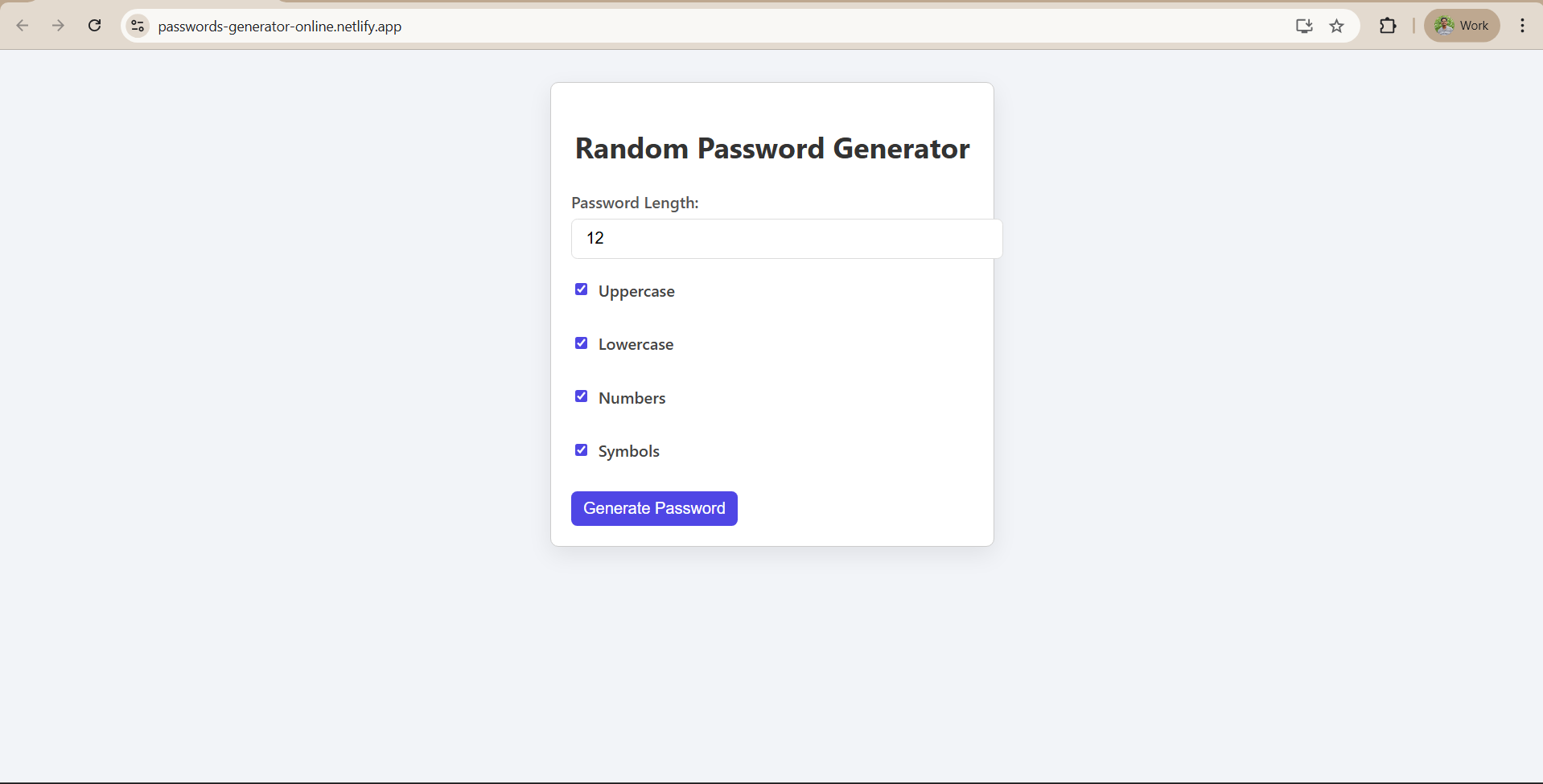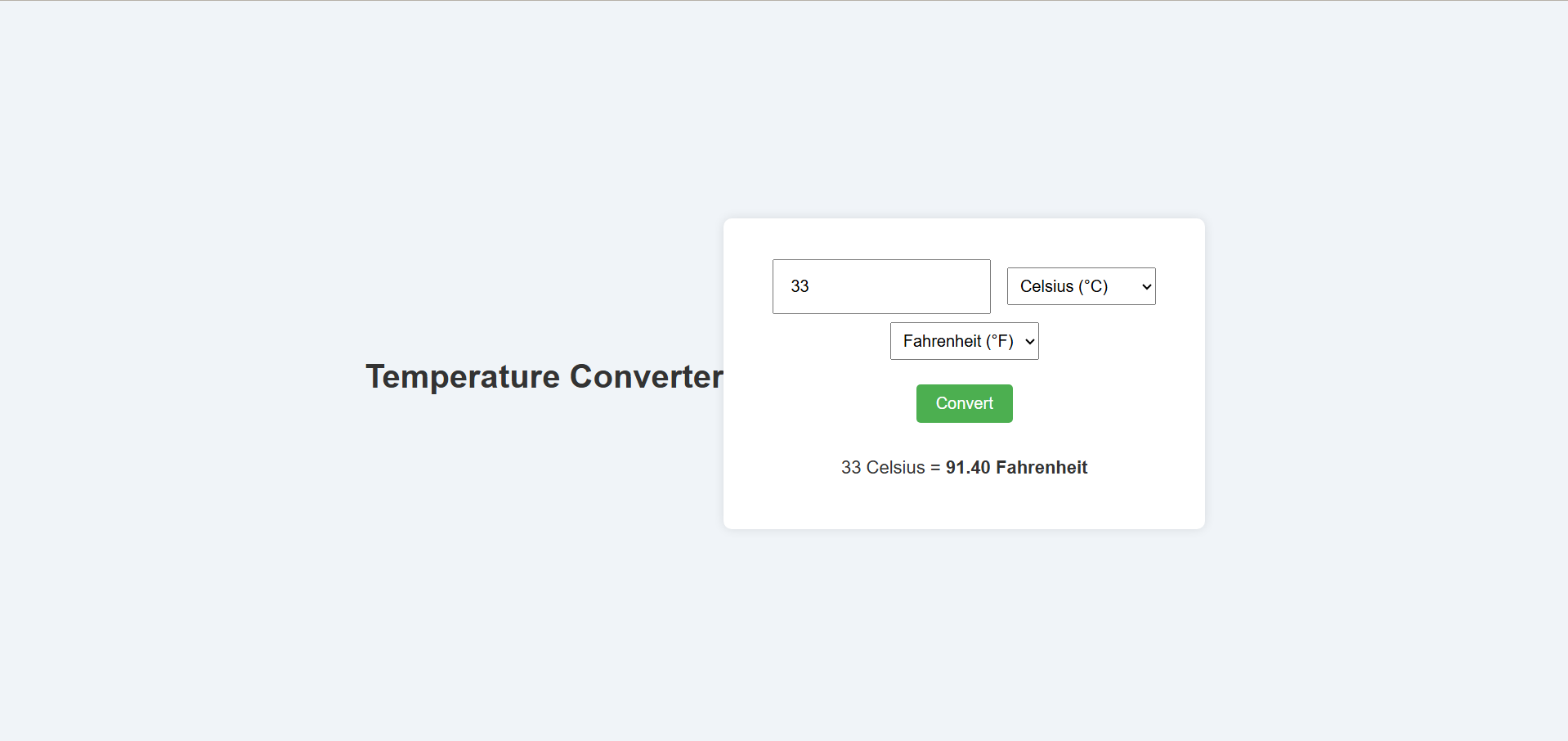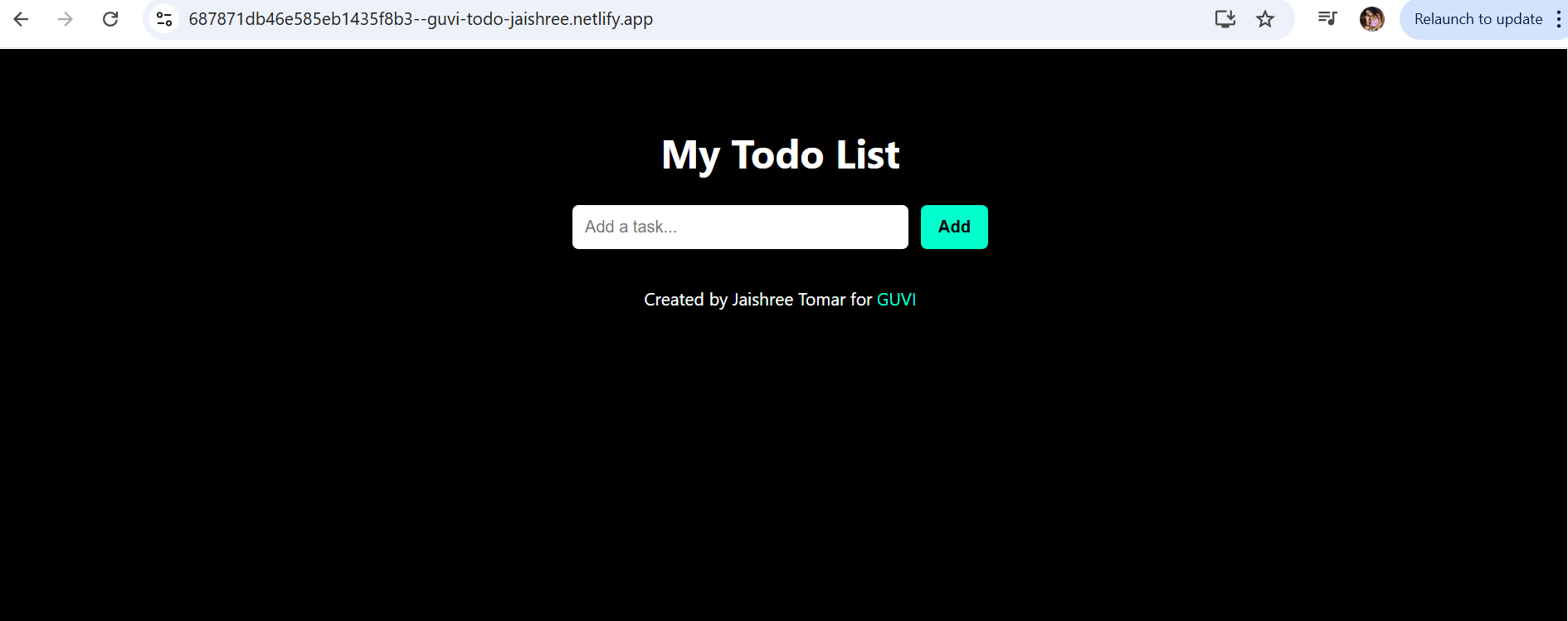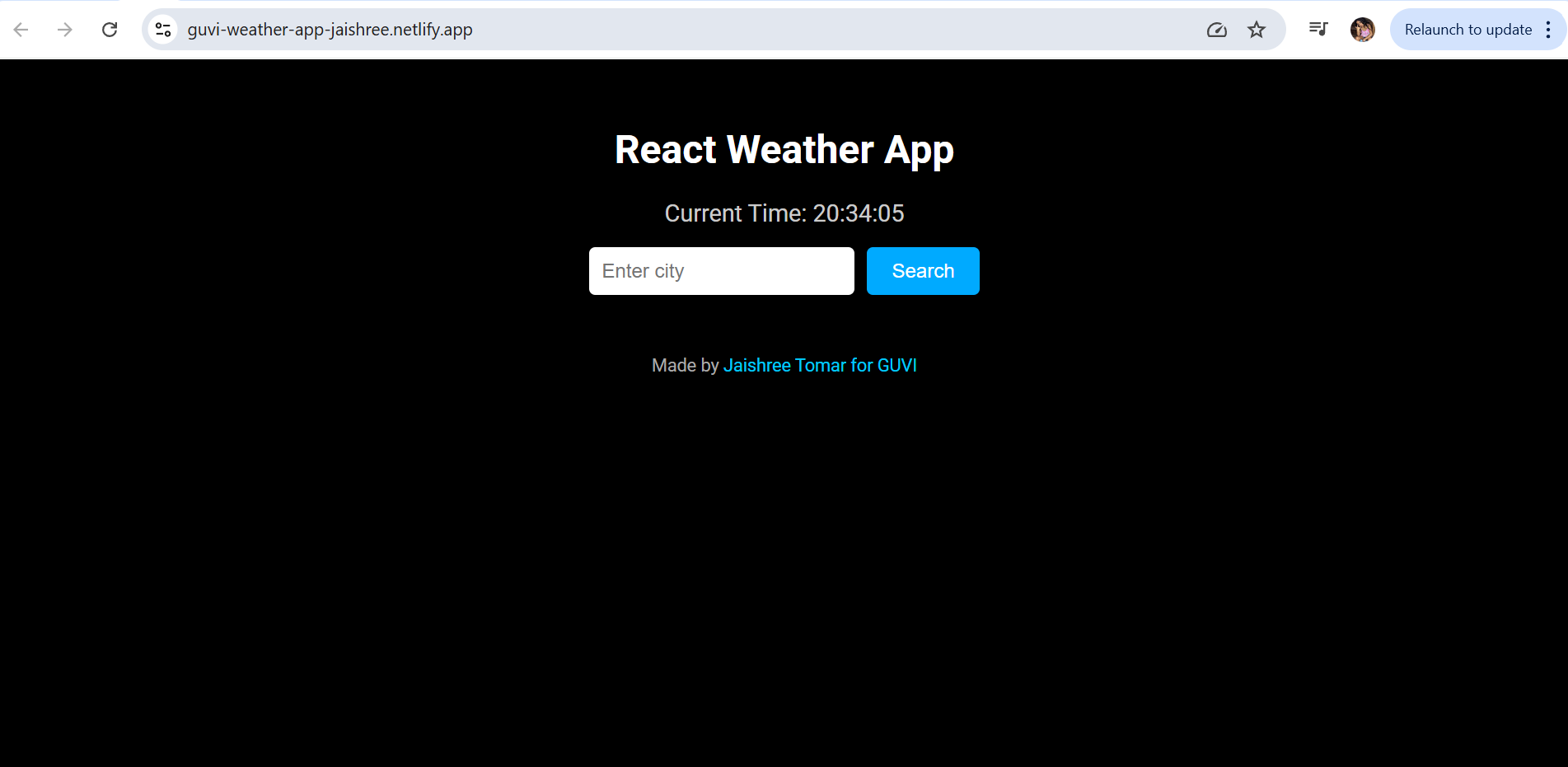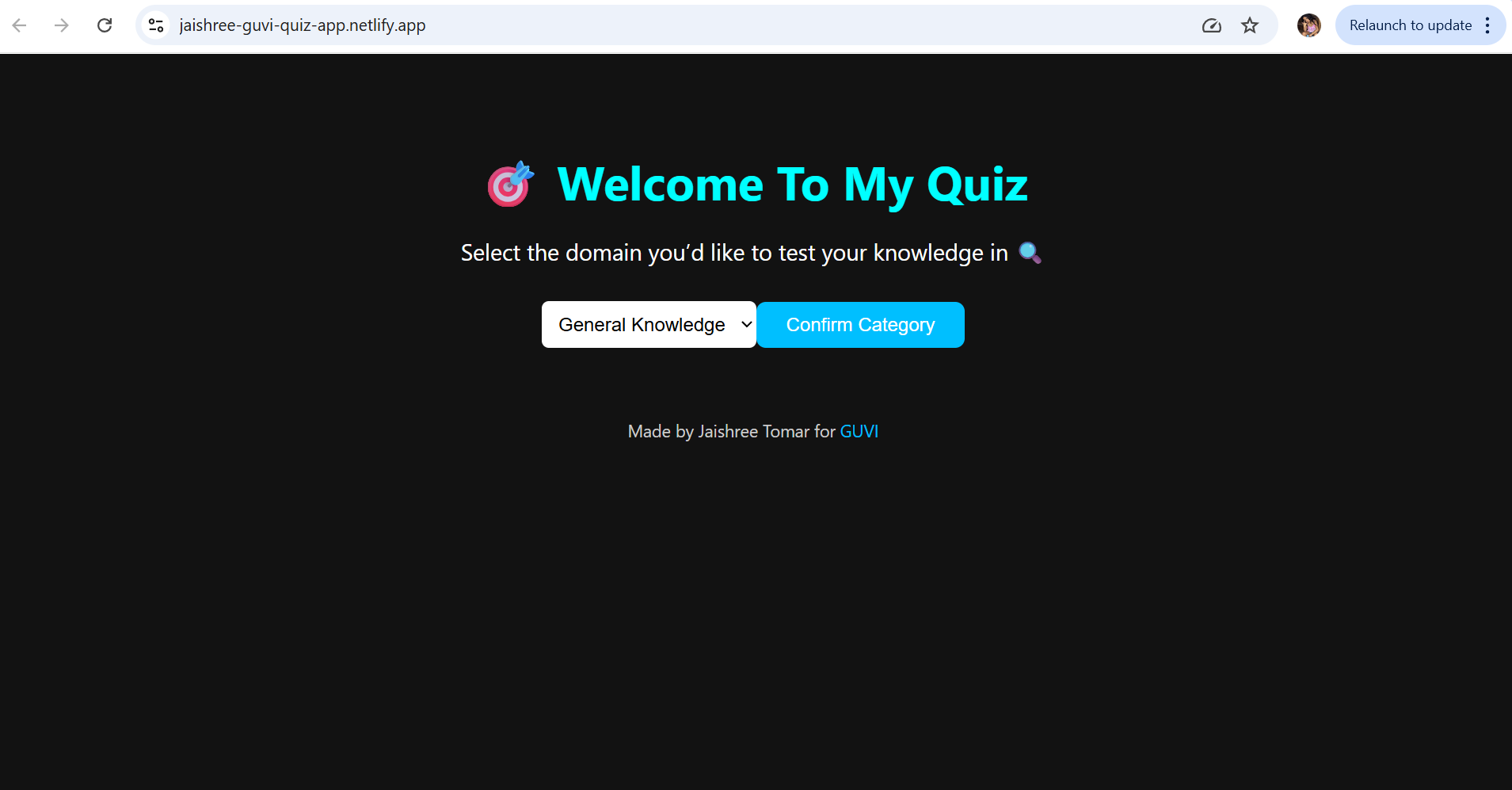JavaScript Events
In JavaScript, events are actions or occurrences that happen in the browser or in the web page, such as a mouse click, keyboard input, page load, or form submission. JavaScript provides various mechanisms to handle and respond to these events.
Events are actions or occurrences that happen in the system when some sort of interaction takes place on a web page. Simply put, a javascript event is something that happens when a user interacts with the web page, such as clicking the button, resizing a window, or entering text into a textarea. In some cases, the browser itself can trigger the events, such as loading and unloading the pages.
There are two things we must keep in mind while working with JavaScript events:
- Listen for events
- React to events
Syntax to create an event in JavaScript:
Here are some commonly used JavaScript events and how to work with them:
Click Event: Triggered when an element is clicked.
document.getElementById("myButton").addEventListener("click", function() { // Code to execute when the button is clicked });Keydown Event: Fired when a key on the keyboard is pressed.
document.addEventListener("keydown", function(event) { // Code to execute when a key is pressed });Mouseover Event: Occurs when the mouse pointer is moved over an element.
document.getElementById("myElement").addEventListener("mouseover", function() { // Code to execute when the mouse is over the element });Submit Event: Triggered when a form is submitted.
document.getElementById("myForm").addEventListener("submit", function(event) { event.preventDefault(); // Prevents the default form submission // Code to execute when the form is submitted });Load Event: Fired when the page finishes loading.
window.addEventListener("load", function() { // Code to execute after the page has finished loading });
These are just a few examples of JavaScript events. There are many other events available, such as mouseover, mouseout, focus, blur, and more. You can attach event listeners to HTML elements using the addEventListener method and provide a callback function to handle the event.
Inside the event handler function, you can write the code that should be executed when the event occurs. You can also access event-related information, such as the target element, event type, or event data, through the event parameter passed to the event handler function.
Conclusion
JavaScript Events are responsible for any kind of change in the browser in a click of a button. Event handling in JavaScript allows you to create dynamic and interactive web pages by responding to user actions and other events that occur in the browser. Hence, you can use it in projects to implement features.











